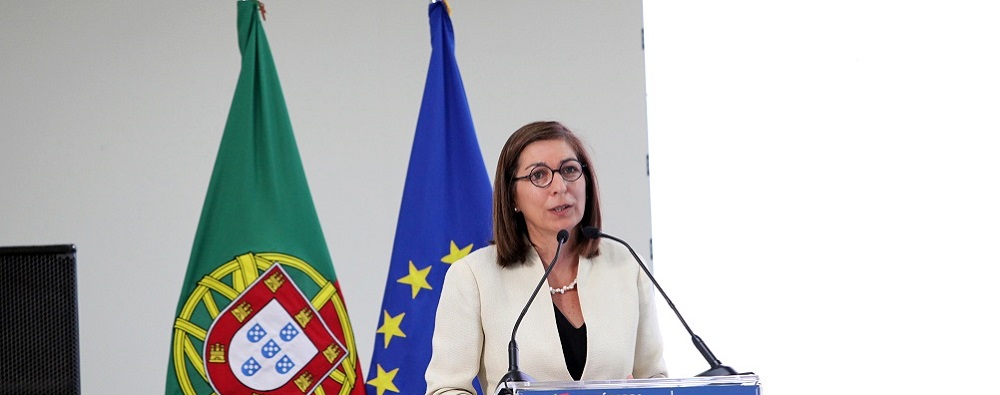MEP Ana Catarina Mendes today accused the Portuguese Government of having an immigration strategy in line with European right-wing and far-right policies, handing over the return to the PSP and putting an end to expressions of interest.
In statements to Lusa, the former Deputy Minister and Minister of Parliamentary Affairs of the previous Government that promoted the end of the Foreigners and Borders Service (SEF) and the creation of the Agency for Integration, Migration and Asylum (AIMA) a year ago, the country has seen a setback in this matter, which has harmed immigrants and the economy.

Ana Catarina Mendes expressed concern about “the measures presented by the Government regarding immigration and which are in line with the dominant voice in Europe among parties and governments, whether more to the right or more to the extreme right”.
“I think it is a blatant mistake that AIMA no longer has the possibility of deciding on the return and that the decision and execution of the return of a foreign citizen arriving in Portugal has been passed to a PSP unit that will also be reinforced”, he stated, in reference to the new Foreigners and Borders Unit (UEF).
“This goes against what has always been my idea about migration, which is to separate police functions from administrative functions and the reception of migrants,” explained the former minister.
On the other hand, “I am particularly concerned about the end of the expression of interest”, due to the fragile situation that immigrants are in, with the extinction in June of that legal mechanism that allowed a foreigner, with an immigrant visa, to request regularization after 12 months of contributions to Portuguese social security.
“The end of the expression of interest, according to the news that is being released, has led to a very significant group of citizens who were already living in Portugal, who were already paying into Social Security” and are, “at this moment, prevented from continuing to even keep their jobs”.
This precariousness “means that people will have to leave or become unemployed, with the added problem that ending the expression of interest does not mean regulating immigration”, but, on the contrary, will “hand people over to the hands of illegal immigration networks”.
This was the objective of the expressions of interest, he recalled, highlighting that this resource allowed each immigrant to deal with their process in relation to the State instead of being dependent on third parties.
The end of a resource of this type and the absence of any other solution “did not meet what was always my objective, which is to have regular, safe and legal immigration”.
“This throws thousands of people into illegality and thousands of people into irregularity”, he warned, considering that this is “a terrible policy, because it threw thousands of people into irregularity and because what was needed and what was planned and what was in the transition portfolio is the reinforcement of our consulates”, something that has not yet been done.
Without this reinforcement and the IT modernization of the consular network, people will continue to come, he warned.
“The end of the expression of interest leaves no option for those who were waiting for their documents to be regularized,” said the former minister, who also welcomed the creation of the mission unit to recover pending issues, led by Goes Pinheiro, who she had appointed to AIMA, and the creation of new service centers.
However, Ana Catarina Mendes stresses that reception centres are needed to “encourage better integration”, in order to ensure “temporary accommodation” in some cases but also language teaching or recommendations on job opportunities.
“The centers that were announced are not reception centers”, but rather places to resolve pending issues, “which is good but insufficient”.
Simple regularization “does not mean an immigration policy. For me, immigration policy is a policy that has to have integration and inclusion”, two steps on a “ladder that begins with the regularization of documents, the next step is the Portuguese language” and then with “business associations and employers, so that we can find job opportunities for these people, ending with “access to public services, whatever they may be, from health to education”.
The government justified the end of expressions of interest, in the amendment to the foreigners' law in June, with the huge volume of pending processes received from the past (400 thousand in December 2023) but also to avoid what it called the call effect.
Portugal was the only country that had that regularization mechanism, making it a destination for international immigration circuits, the government claimed at the time.